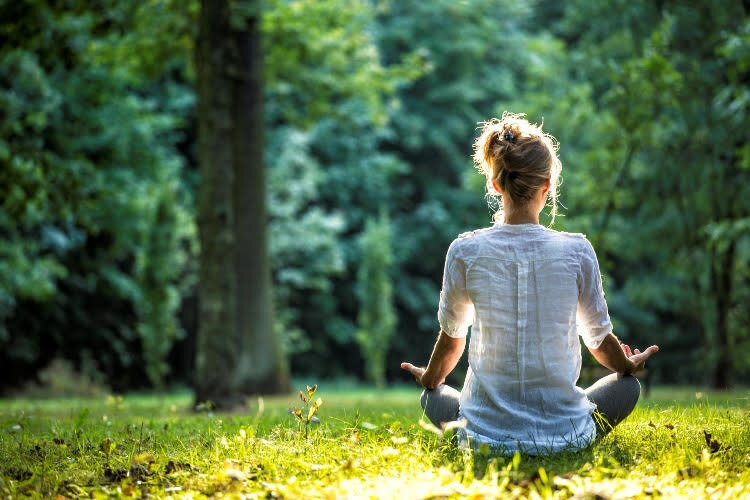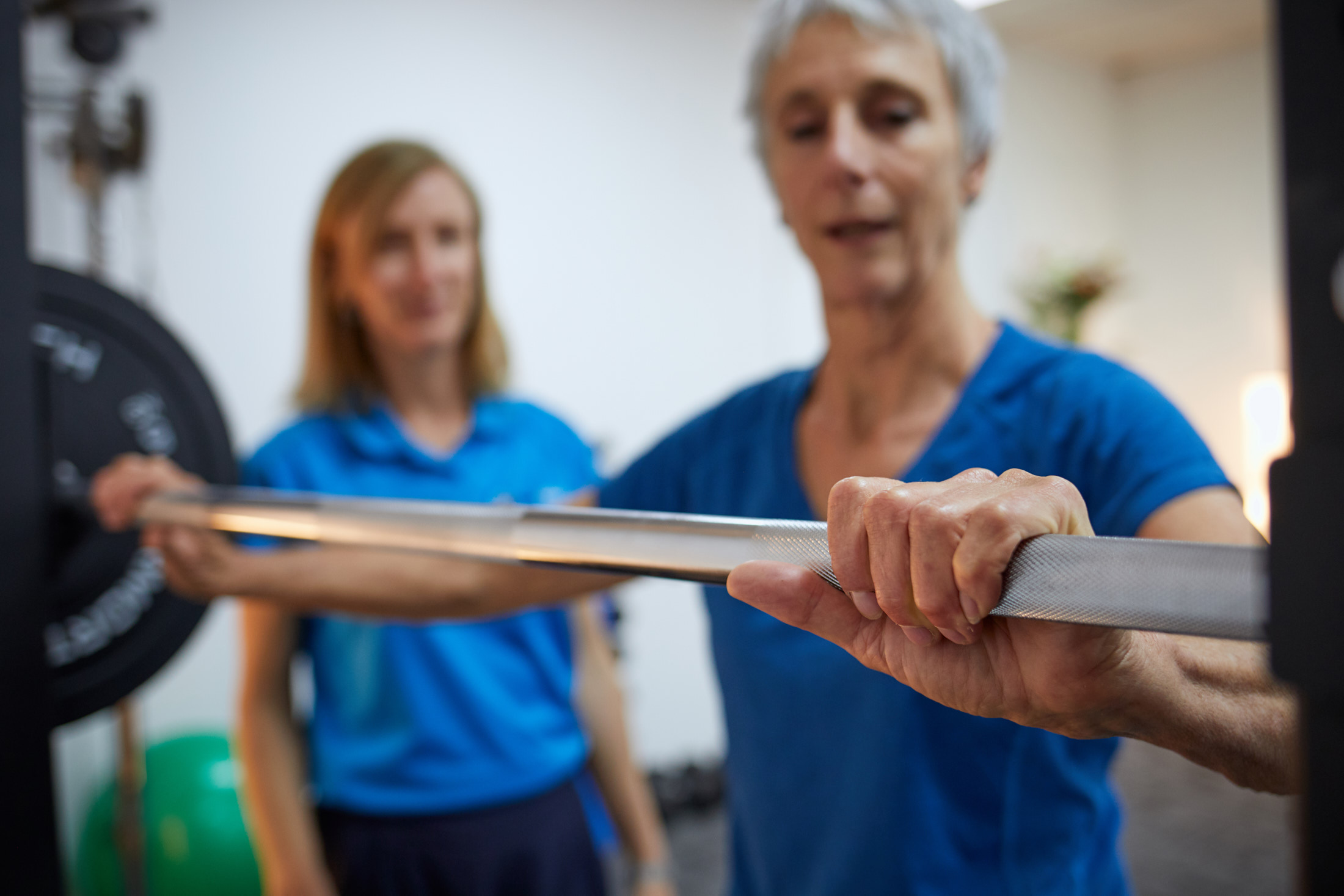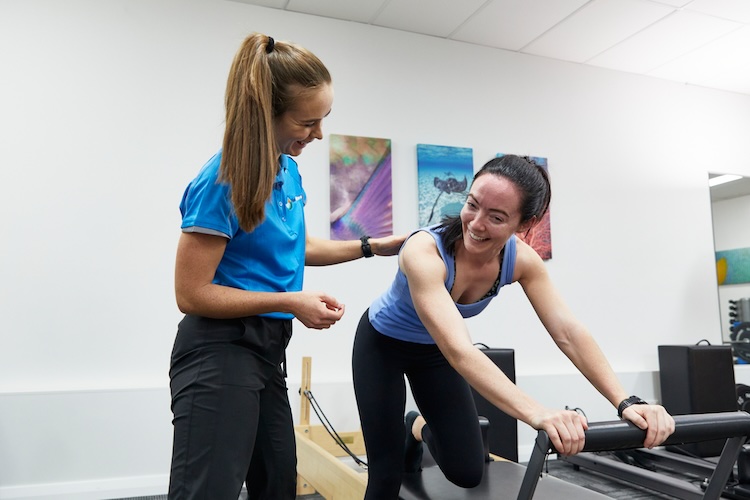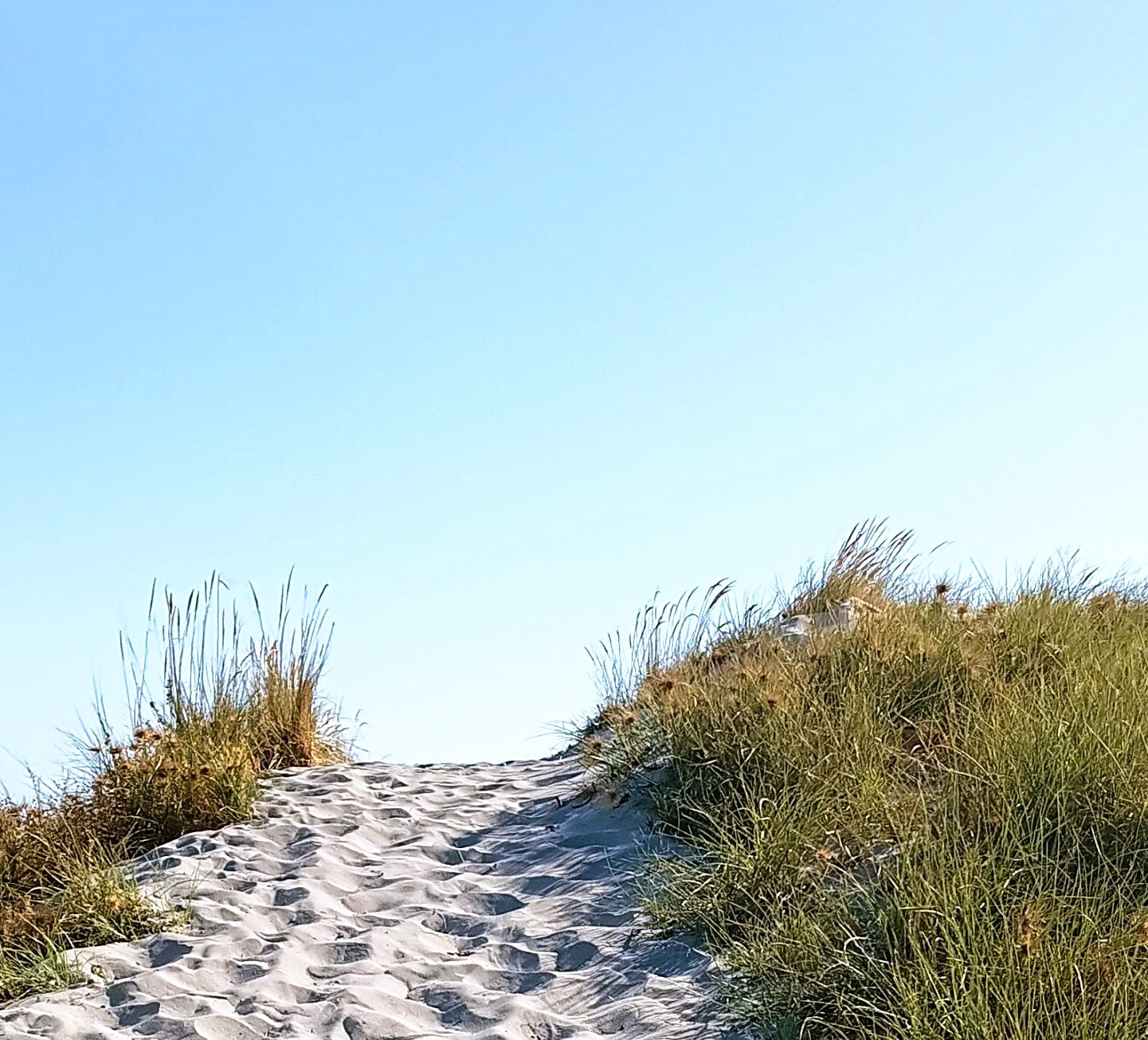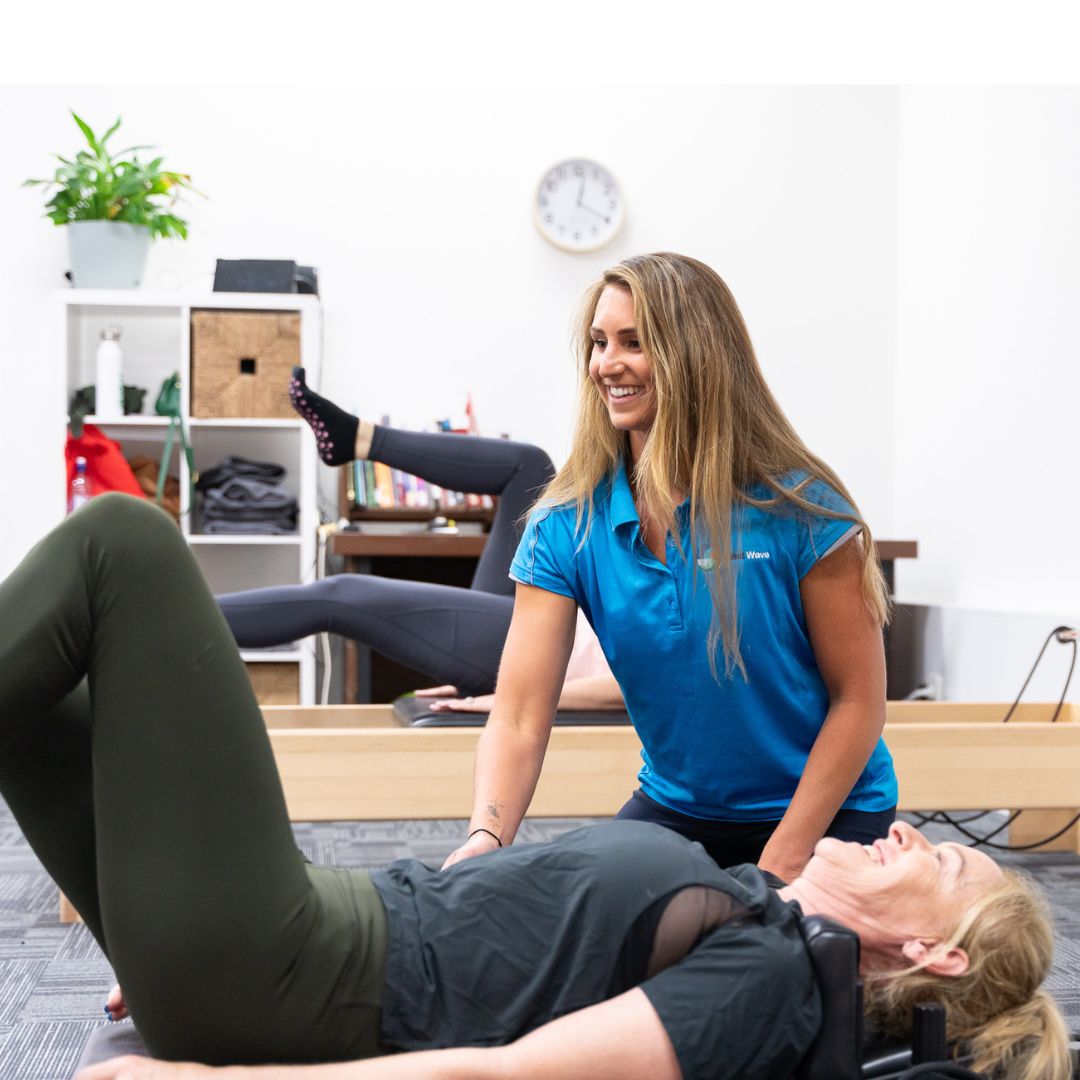Mind full or mindful?
Do people tell you that you need to manage your stress or relax more?
Or that your stress is dialing up your pain and increasing muscle tension?
Do you try to relax but your stress is seemingly always there?
Relaxation and mindfulness what’s the difference?
Relaxation
Relaxation can be defined as “the state of being free from tension and anxiety” (Lexico, 2020). The primary goal of relaxation is to elicit feelings of calmness and enter a ‘relaxed state’. It’s a subjective experience, that can be observed (to an extent) but not measured.
Studies show that relaxation can reduce pain outcomes in both acute and chronic pain, however it’s important to note that in these studies, these results were not sustained over time (Dunford & Thompson, 2010).
Mindfulness
Mindfulness is paying attention, on purpose, and without judgement to the present moment (Kabat-Zinn, 2015). This can involve both internal and external mindfulness i.e. Paying attention to your senses and the environment around you or paying attention to your thoughts, feelings and actions.
There is some evidence to suggest that mindfulness can lead to improvements in psychological and physical functioning, AND unlike with relaxation, these improvements were maintained at follow up (Dunford & Thompson, 2010).
Attaining Relaxation
If your goal is to be pain free or without stress, our occupational Therapists would view this as what is called a ‘dead-person’s goal’ (Lindsley,1968). That is, anything that a corpse can do better than a living person (Harris, R. 2019). In this instance, only a corpse can be stress or pain free.
So the first step to attaining relaxation is setting a clear and achievable goal. Your occupational therapist works with you on this. For example, if your goal is to be relaxed, how do you know when you have achieved this? You might identify going for a walk on the beach as ‘relaxing’ but are you really relaxed if you go for a walk on the beach and spend the time ruminating about your week?
Would it be different if you went for that same walk along the beach but paid particular attention to what you can see, feel, hear or smell?
At Next Wave Therapy, we recognise the importance of learning to be mindful, and from our experience, this typically leads to feelings of calmness and relaxation although it is not the goal of mindfulness. We recognise that when in a state of mindfulness, unpleasant thoughts or feelings hold less weight over you – which means that learning mindfulness skills can be helpful for everyone.
How to learn mindfulness
There are so many useful mindfulness techniques which you can use to connect to the present moment. Our Occupational Therapists use Acceptance and Commitment Therapy as a therapeutic model to teach mindfulness. We recognise that mindfulness is a skill that needs to be understood and practiced. It can be helpful to receive coaching or attend mindfulness classes – see Sasha’s blog Mind Body Breath Meditation. You can also start small, integrating mindfulness into your life by choosing a task each day to complete with full awareness and presence.
Next time you’re walking on the beach, we challenge you to check in with your 5 senses; notice the feeling of the sand under your feet, the sound of the waves crashing, the smell of the salt and look at the footprints in the sand. See if this mindfulness approach makes any difference to the way you go about your daily activities.
References
Dunford, E., Thompson, M. (2010). Relaxation and Mindfulness in Pain: A Review. Reviews in pain (4)1, 18-22. doi 10.1177_204946371000400105
Kabat-Zinn, J. (2015). Mindfulness. Mindfulness (6)6. doi 10.1007/s12671-015-0456-x
Harris, Russ (2019) ACT made simple. Oakland:New Harbinger Publications
Lexico. (2020). Relaxation. Retrieved from https://www.lexico.com/definition/relaxation

